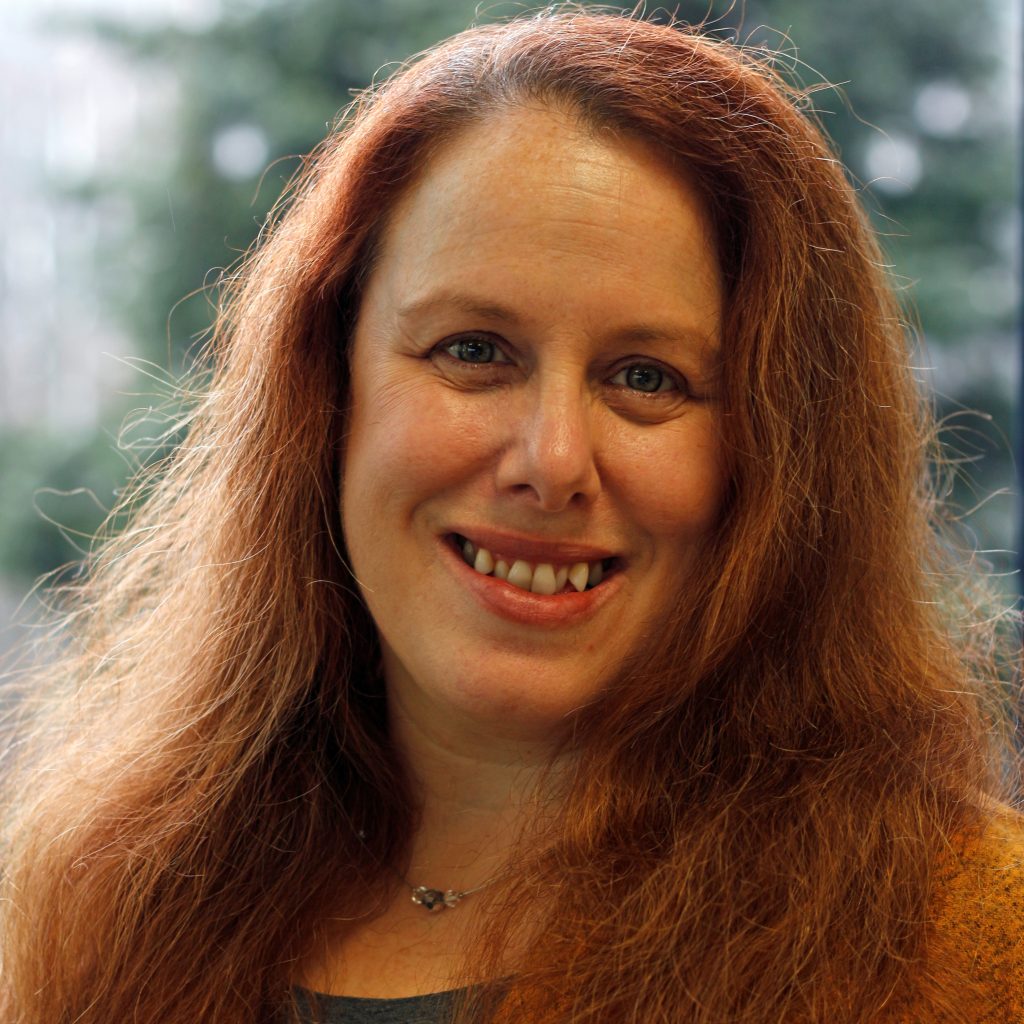Introduction
Dr. Campbell’s research focuses on the intersection of digital and mobile media, religion and digital cultures. Her expertise is in the social shaping of technologies approach and Digital Religion studies related to how religious groups negotiate their use of new technologies.
Biography
Heidi A Campbell is Professor of Communication, affiliate faculty in Religious Studies and a Presidential Impact Fellow at Texas A&M University. She is also director of the Network for New Media, Religion and Digital Culture Studies, and a founder of Digital Religion studies. Her research focuses on technology, religion and digital culture, with emphasis on Jewish, Muslim & Christian media negotiations. She is co-editor of Routledge’s Religion and Digital Culture book series and the Journal of Religion, Media & Digital Culture. She is author of over 100 articles and books including When Religion Meets New Media (2010), Digital Religion (2013, 2ⁿᵈ edition 2021) and Digital Creatives and the Rethinking Religious Authority (2021). She has been quoted in such outlets as the Houston Chronicle, USA Today, The Guardian, Wall Street Journal, and on the BBC World Service. She also received the RCA Scholar of the Year Award and TAMU’s Transformational Teaching Award.
Courses Taught
- COMM 330: Human Communication & Technology
- COMM 350: Theories of Mediated Communication
- COMM 458: Global Media
- COMM 480: Religious Communication
- COMM 665: Communication and Technology
Research Interests
- Communication & Media Science
- Humanities & Critical/Cultural Studies
- Media, Culture, and Identity
Selected Publications
Representative Publications
- Golan, O. & Campbell, H. (2015) “Strategic Management of Religious Websites: The Case of Israel’s Orthodox Communities.” Journal of Computer-mediated Communication 20 (4): 467-486.
- Campbell, H.A., Altenhofen, B., Bellar, W.& Cho, K.J. (2014) There’s a Religious App for that!: A Framework for Studying Religious Mobile Applications, Mobile Media & Communication. 2(2): 154-172.
- Campbell, H. (2012). Understanding the relationship between religious practice online and offline in a networked society. Journal of the American Academy of Religion. 80(1), 64-93.
- Campbell, H. & LaPastina, A. (2010). How the iPhone became divine: Blogging, religion and intertextuality. New Media and Society. 12(7), 1191-1127.
- Campbell, H. (2007). Who’s got the power? The question of religious authority and the internet. Journal of Computer-Mediated Communication, 12(3).
Books
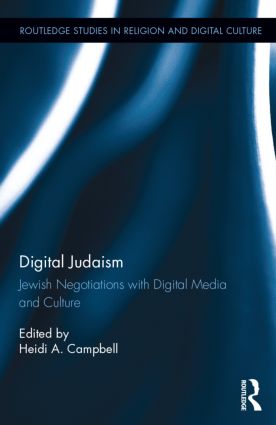
Digital Judaism presents an analysis of how and why various Jewish groups negotiate with digital culture in particular ways, situating such observations within a wider discourse of how Jewish groups throughout history have utilized communication technologies to maintain their Jewish identities across time and space. Chapters address issues related to the negotiation of authority between online users and offline religious leaders and institutions not only within ultra-Orthodox communities, but also within the broader Jewish religious culture, taking into account how Jewish engagement with media in Israel and the diaspora raises a number of important issues related to Jewish community and identity.
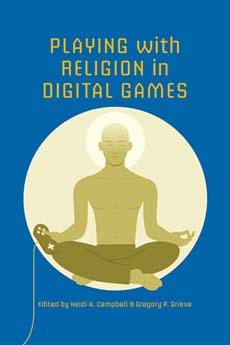
From the Shinto-inspired Japanese video game Okami to the internationally popular The Legend of Zelda and Halo, many video games rely on religious themes and symbols to drive the narrative and frame the storyline. Playing with Religion in Digital Games explores the increasingly complex relationship between gaming and global religious practices.
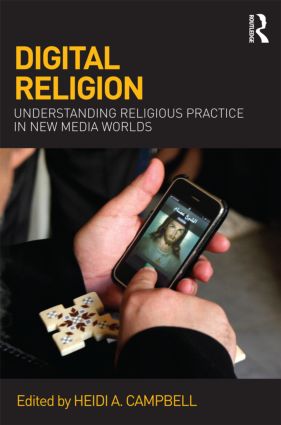
Digital Religion offers a critical and systematic survey of the study of religion and new media. It covers religious engagement with a wide range of new media forms and highlights examples of new media engagement in all five of the major world religions. From cell phones and video games to blogs and Second Life, and drawing together the work of experts from key disciplinary perspectives. In this emerging area of study it highlights important theoretical, ethical and theological issues raised within Digital Religion studies.
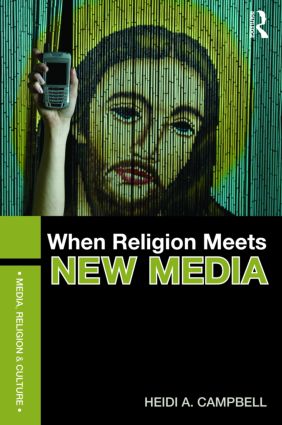
Campbell, H. (2010). When Religion Meets New Media. London: Routledge
This book focuses on how different Jewish, Muslim, and Christian communities engage with new media. Rather than simply reject or accept new media, religious communities negotiate complex relationships with these technologies in light of their history and beliefs. Campbell suggests a new method for studying these processes called the “religious-social shaping of technology” (RSST) and scholars are asked to consider four key areas in their research: religious tradition and history; contemporary community values and priorities, negotiation and innovating technology in light of the community; communal discourses applied to justify use.
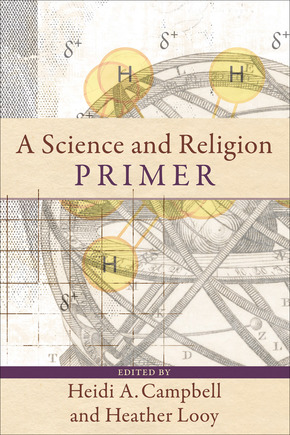
Campbell, H. & Looy, H. (2009). The Science and Religion Primer. Grand Rapids: Baker Academic
The relationship between science and religion (SR) has often been portrayed as bellicose. Yet some scholars view the disciplines as allies that complement and buttress each other. Other scholars consider them to be entirely discrete entities. Without a doubt, the interface of the two disciplines is complex and nuanced, and each has much to learn from the other. A Science and Religion Primer provides a guide to this conversation. This landmark work is simultaneously an encyclopedia, an annotated bibliography, and a survey.
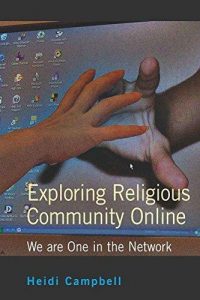
Exploring Religious Community Online is the first comprehensive study of the development and implications of online communities for religious groups. This book investigates religious community online by examining how Christian communities have adopted internet technologies, and looks at how these online practices pose new challenges to offline religious community and culture.

